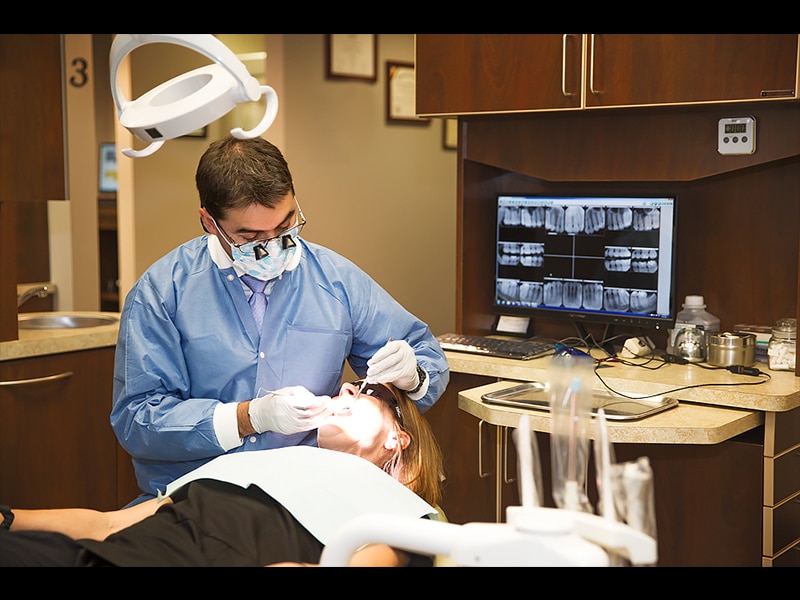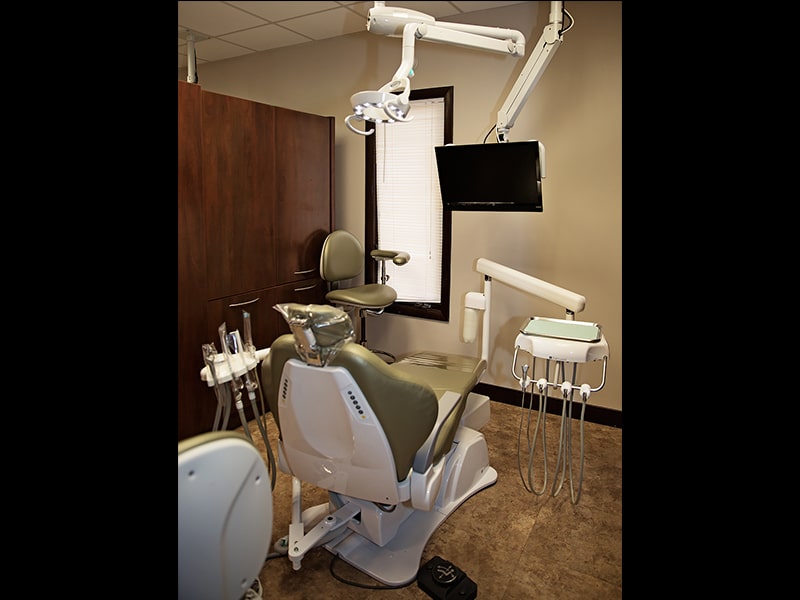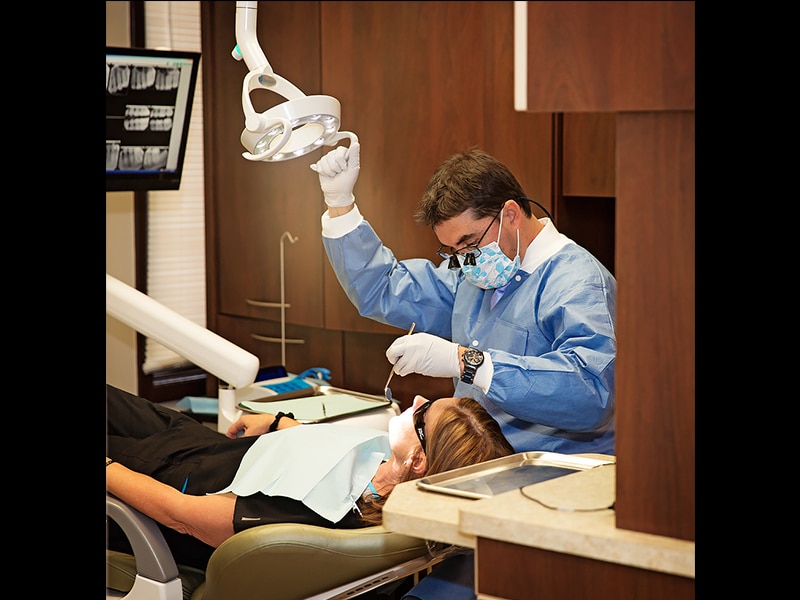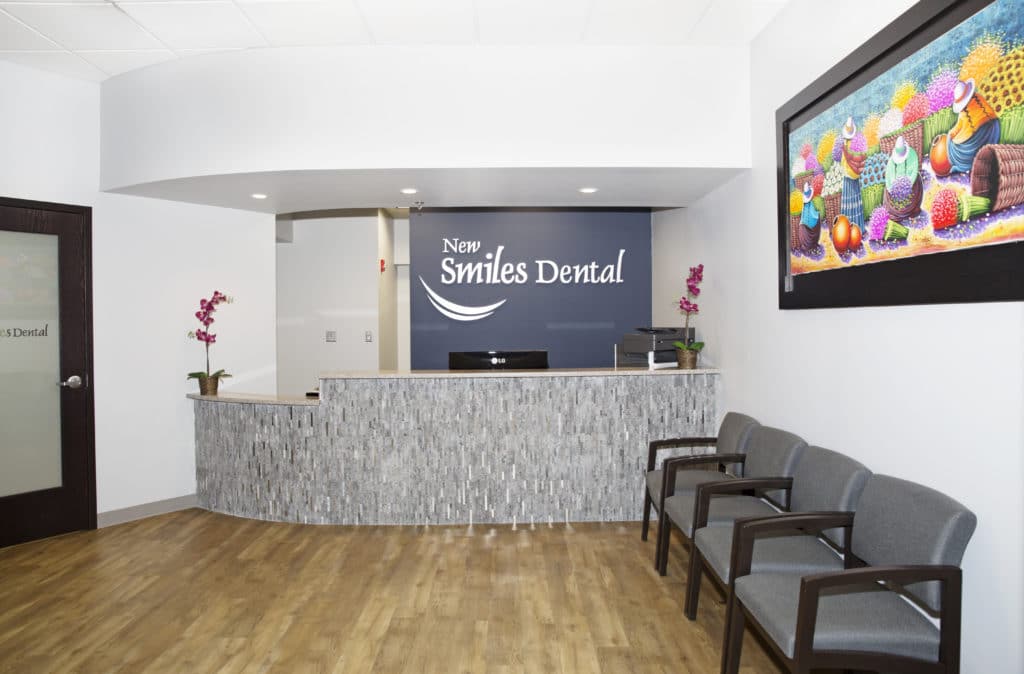Gum disease is a serious oral health condition that can lead to tooth loss and, if left untreated, may even have systemic effects on your entire body. If you’ve been diagnosed with gum disease or are worried about preventing it, this blog post will help you understand the risks and learn the optimal ways to prevent its occurrence. We’ll cover causes of periodontal or gum disease such as poor dental hygiene practices and changes in lifestyle, along with warning signs to look for so you know when to take additional actions. Finally, we’ll teach you what treatments are available should any form of gum disease be present.
What Causes Gum Disease?
Gum disease is caused by a combination of factors, including poor dental hygiene, diabetes, smoking and tobacco use, hormonal changes (such as those during pregnancy), medications that cause dry mouth or reduce saliva flow, genetics, and certain illnesses such as AIDS. Poor oral health practices can allow plaque to build up on the teeth and cause inflammation of the gums. If left untreated, gum disease can lead to further problems such as tooth and abscess.
Warning Signs of Gum Disease
If you’re concerned about developing gum disease or you may already have it, there are some warning signs to look out for. These include red, tender or swollen gums, receding gums, bad breath, and loose teeth. If you experience any of these symptoms for more than a few days, it’s important to contact your dentist so they can assess the situation and provide appropriate treatment if needed.
Treating Gum Disease
If gum disease is present, your dentist will likely suggest a course of action to treat it. The most common treatments are scaling and root planing (deep cleaning), antibiotics to reduce bacteria around the affected area, a special medicated mouthwash or an oral rinse, and surgery in extreme cases. Additionally, lifestyle changes may be suggested such as reducing stress levels and quitting smoking. Following your dentist’s instructions is key to ensuring successful recovery from gum disease.
Preventing Gum Disease
The best way to avoid gum disease is to practice good oral hygiene. This involves brushing twice a day and flossing every night, as well as visiting your dentist every six months for cleanings and checkups. Additionally, you should eat foods that promote healthy teeth such as crunchy fruits and vegetables, dairy products, and lean proteins. Finally, be sure to reduce stress levels and quit smoking if you engage in the habit. Doing so will drastically reduce your risk of developing gum disease or other oral health issues down the road.
Gum disease can have serious consequences if left untreated, so it’s important to stay on top of your dental health by practicing good hygiene habits at home. Also, regular visits to the dentist are a must for anyone wanting to maintain their ideal oral health. This will help keep bacteria growth at bay while also detecting signs of gum disease in its early stages. If you or someone you know has signs of gum disease, don’t hesitate to contact us today at New Smiles Dental – we’re here to help! Maintaining good oral health should always be a priority so don’t wait any longer!











